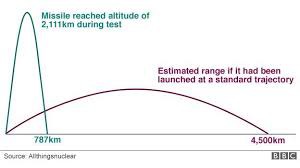The Hong Kong demonstrations are still going on.
Now, The CCP has been sending troops into the city, saying it is just a troop “rotation” but no photos of troops leaving have been seen.
Michael Yon, who covered Iraq and Afghanistan, is onscene.
He is also watching both Koreas. He considers neither trustworthy.
The proximate cause of the Korea-Japan “dispute” is Korean cultural weakness that magnifies, amplifies, fertilizes any paper cut into gangrene. The USA and Japan must be prepared to amputate South Korea. The day is coming.
Korea has an unstable mind and culture. Korean Lives Matter: they create drama from thin air. Drama Queen, meet Drama Korea.
Korea (North and South) is the proximate cause of the disputes between Koreans, Americans, Japanese. The proximate cause is a volatile and primitive Korean culture.
The ultimate cause of the disputes is China. Core China culture runs Korea as a barnyard animal.
As for Hong Kong, Strategic Elegance: “Home Depot says suppliers are moving manufacturing out of China to avoid tariffs”
Some of the jobs probably moving to countries like Taiwan and Vietnam.
Think about this for a moment:
1) China loses jobs, and thus economic clout and expansion money. Some Chinese workers likely become unemployed…while China is having some food supply problems (true extent unknown to me).
2) Chinese jobs move to other countries that we can get along great with, such as Taiwan. Taiwan grows economy, becomes tighter with USA, and buys US goods (including weapons) as economy increases. US weapons can be used to blunt China’s false claims in Taiwan.
3) Taiwan and others buying more US goods (including weapons) increases American jobs and economy, which helps fund “the wall.”
Win win win for the good guys and gals. Lose lose lose for CCP.
Hold strong Hong Kong! Hong Kong does not have to beat CCP — only outlive.
We are entering very dangerous times and the media sees only the politics of 2020.
Watch that Steve Bannon video at SDA. He thinks that if the CCP goes into Hong Kong to do another Tiananmen Square, the CCP will collapse.

